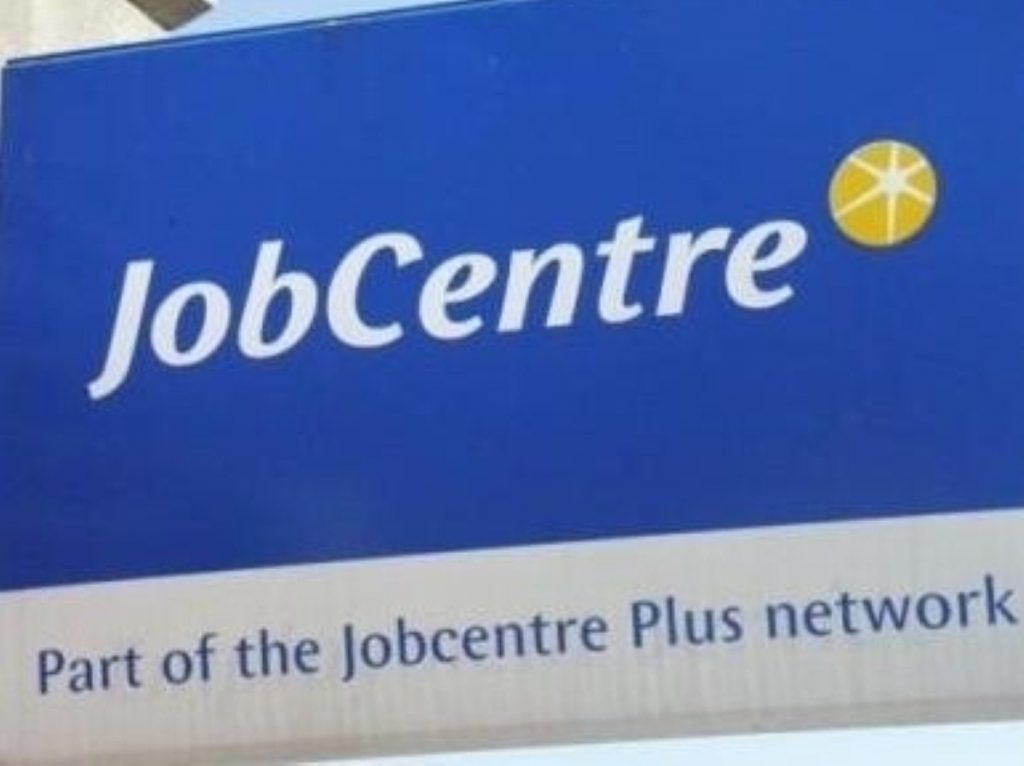Unemployment creeps up to 2.5m
Joblessness went up by 35,000 in the three months to October, raising concern about the readiness of the market for public sector cuts.
The figures released by the Office of National Statistics (ONS) cast doubt on the government’s claims that private sector job creation will spark into life despite the impact of the spending review.
The 35,000 increase, while hardly dramatic in itself, will nonetheless worry ministers, coming as they do before the bulk of spending cuts begins to hit. It represents the first rise in unemployment for two quarters.


With an estimated 500,000 public sector jobs set to go over the next four years, the figures raise the possibility of unemployment edging towards the symbolic figures of three million unless, as the coalition hopes, rapid growth in the private sector stymies the impact of redundancies.
Labour’s Douglas Alexander said: “All of us will be hoping this is a one off but my fear is that we are now beginning to see the real cost of George Osborne’s economic experiment.
“These worrying figures show that the private sector is not yet creating enough jobs to make up for the posts that are being cut in the public sector.”
There was some good news for the government, however. The number of people claiming job seekers allowance fell slightly despite the overall rise in joblessness, to 1.46 million.
But Chris Williamson, chief economist at financial information company Markit, expressed pessimism on the country’s employment prospects, saying: “The unemployment rate is likely to continue to rise in coming months as job losses in the public sector are accompanied by lower payroll numbers in private sector services and construction.
“These losses will be only partially offset by rising headcounts in the manufacturing sector.”
Mr Williamson warned that although the likelihood of a double-dip recession in terms of economic growth was low, trends that the labour market is retreating to recession-like characteristics was “already becoming evident”.
Tax rises on the way, such a the 20% rate of VAT coming in January and high inflation in relation to earnings will compound the pressures on consumer spending next year, he added.
Figures released yesterday showed inflation at 3.3% – far exceeding the two per cent target set by the Bank of England.









